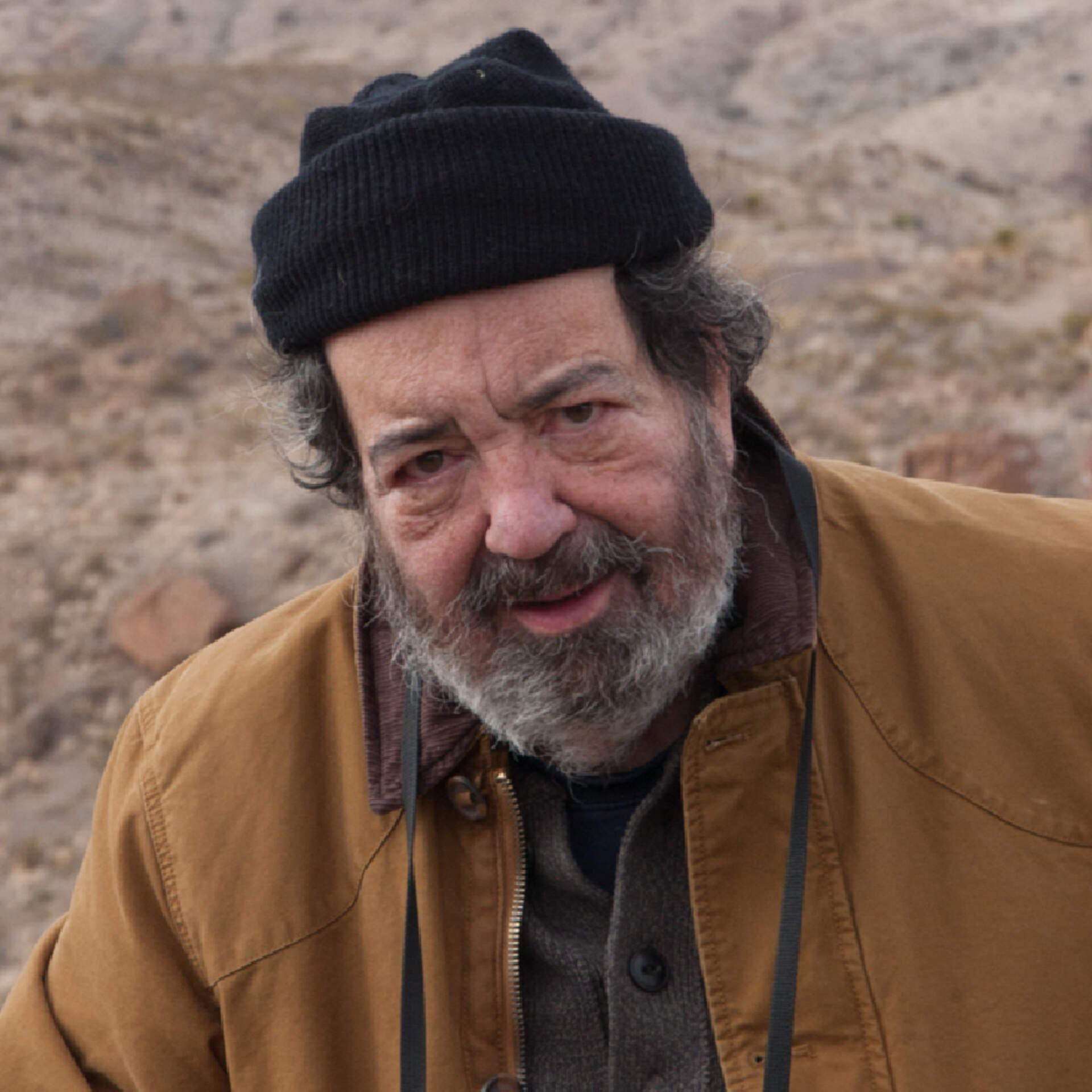Bruce Jackson
(b. 1936)
American
Born: Brooklyn, New York, United States
Bruce Jackson was born in Brooklyn, New York in 1936. He served in the United States Marine Corps from 1953–1956, then attended Newark College of Engineering (now New Jersey Institute of Technology) for three years. He received a BA from Rutgers University in 1960 and an MA from Indiana University’s School of Letters in 1962. From 1963 through 1967 he was a Junior Fellow in Harvard University’s Society of Fellows.
He has been the recipient of a Guggenheim Fellowship (1971), was nominated for a Grammy (1974), named an Associate Member of the Folklore Fellows by the Finnish Academy of Science and Letters (1995), and Chevalier in l’Ordre des Arts et des Lettres by the French government (2002). In 2012, the president of France appointed him chevalier in the National Order of Merit. He was president of the American Folklore Society (1984), chairman of the board of trustees of the American Folklore Center in the Library of Congress (1988–89, trustee 1984-89), and director, then trustee of the Newport Folk Foundation (1965—).
In 1968, he signed the “Writers and Editors War Tax Protest” pledge, vowing to refuse tax payments in protest against the Vietnam War.[1]
With Diane Christian, he has directed and produced five documentary films: Death Row (1979), Creeley (1988), Out of Order (1983), Robert Creeley: Willy’s Reading (1982), and William August May (1982).
His photographs have been widely published and exhibited. The most recent exhibitions are Portraits from a Prison (Arkansas Studies Institute, 2009), Cummins Wide (Albright-Knox Art Gallery 2009 and Center for Documentary Studies, Duke University, 2008), American Gulag (Lega di Cultura di Piadena and Circolo Gianni Bosio, Rome, 2007), Bridging Buffalo (Buffalo and Erie County Historical Society, 2006–2007), and Mirrors (Nina Freudenheim Gallery, 2004).
His work has been funded by the National Endowment for the Arts, National Endowment for the Humanities, Fund for Investigative Journalism, Playboy Foundation, Levi Strauss Foundation, Polaroid Foundation, New York Council for the Humanities and the American Philosophical Society..
He has spent his entire academic career at the University at Buffalo. He joined it as an assistant professor of English and Comparative Literature in 1967, was promoted to associate professor a year later and to professor in 1971. He became SUNY Distinguished Professor in 1990 and Samuel P. Capen Professor of American Culture in 1997. In 2009 he was appointed James Agee Professor of American Culture. He has been also been adjunct professor in the UB School of Law and Jurisprudence, and the departments of Media Studies and Sociology.
Since 2000, he and Diane Christian have conducted the Buffalo Film Seminars at the Market Arcade Theater in downtown Buffalo—an undergraduate film class that is open to the general public for the price of a movie ticket (about 200 auditors take part each week). On 14 or 15 Tuesday evenings each term, they introduce a classic film, screen it, then conduct an open discussion with the students and any of the auditors who want to take part. They also prepare 8-12 page handouts of notes on each film (nearly all of which are online at the Seminar's web site, as are lists of all films screened thus far, sorted by series, director, title and year of production). The Seminars have now presented over 300 different films.
From 1986-1990 Jackson was editor of the Journal of American Folklore. From 2002-2010, he was editor and publisher of the political web journal Buffalo Report. In the past few years, his articles have appeared frequently in Artvoice and CounterPunch.[2] He has also published articles and photographs in Harper's, The Atlantic, The New York Times Magazine, Film Comment, Der Spiegel, Le Monde, The Texas Observer, Rolling Stone, Ácoma, The Antioch Review, Sing Out!, The Minnesota Review, The Nation, The New Republic, Criminal Law Bulletin, Latino-America and Senses of Cinema.
